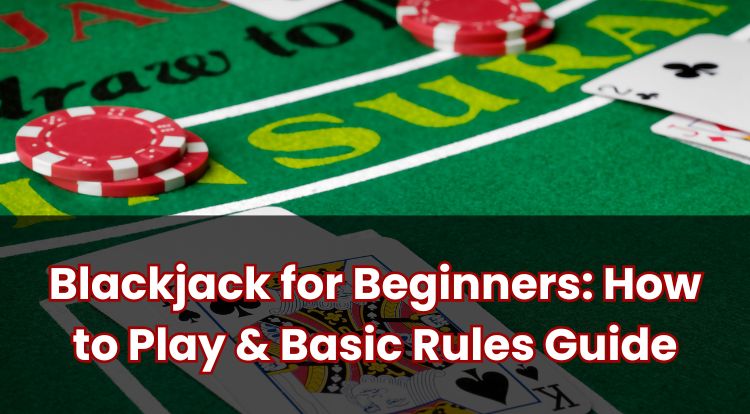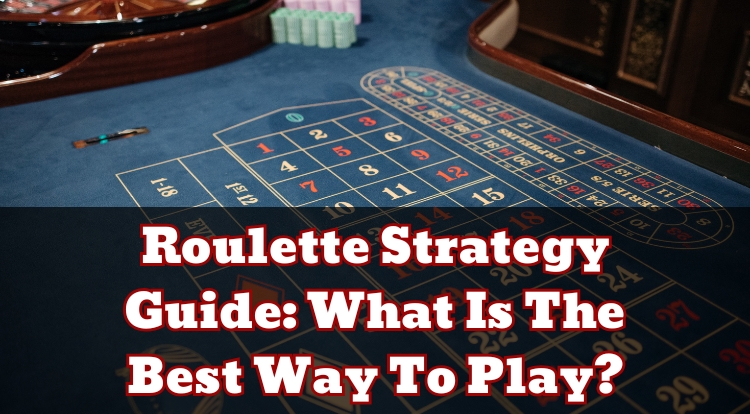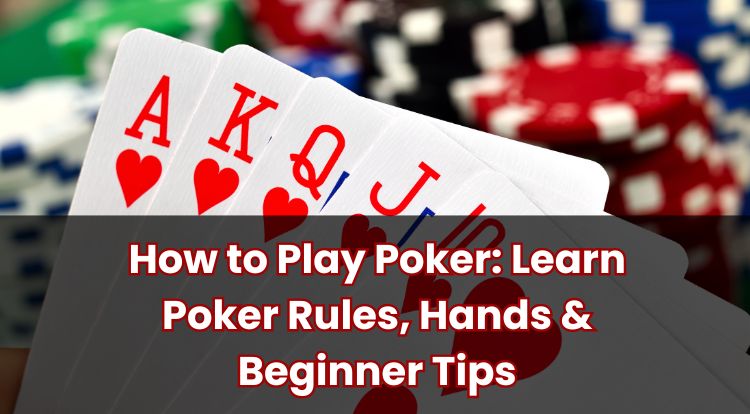Wonging in Blackjack: What It Means & How It Works
Many people new to card games are curious about the different approaches players use at the blackjack table. One strategy, known as “wonging,” stands out for being quite different from the usual way of playing. This technique has drawn attention from both those who visit casinos in person and those who play online.
Understanding wonging could help you see why some people choose specific moments to watch the game rather than join in right away. Whether you are learning more about card games or simply exploring how blackjack works, this article explains what wonging is and how it fits into modern casino gaming. Read on to learn more.
What Does Wonging Mean in Blackjack?

Wonging is a term for a specific way of approaching blackjack. Instead of joining a table from the start, a person observes the game first. They watch how the cards are dealt and only consider taking a seat when the situation looks more suitable for their approach. The term comes from Stanford Wong, the pen name of a gambling author who discussed this method in the 1970s.
This technique is linked to card counting. It relies on noticing the general mix of cards left in the shoe. By doing this, some players believe they can identify stretches of play where the remaining cards may be more favourable to the player. They then join only during those periods, rather than playing every hand.
At British land-based casinos, standing at a blackjack table for long spells is not always encouraged, and venues set their own rules about when someone can join a game. Online casinos often use automatic shuffling or systems designed to prevent card tracking from being effective. If you are exploring this idea online, it could be a good idea to read the game rules because practices vary across different games.
Players should always remember to gamble responsibly and within their means- never wager more than you can afford to lose.
How Does Wonging Work During a Blackjack Game?
Wonging involves watching a blackjack table before deciding to take a seat. The observer pays attention to the flow of cards, keeping a simple mental note of whether more high-value cards or more low-value cards seem to remain. This is commonly associated with basic card-counting methods that assign small values to cards to create a running sense of the shoe.
If the remaining shoe appears to contain more high-value cards, a wonger may choose that moment to join. The thinking is straightforward: a shoe richer in 10s and aces increases the chance of player-friendly outcomes such as more blackjacks and better results when doubling. By contrast, if the shoe does not look favourable, they continue to watch or walk away.
House rules matter. Some casinos allow mid-shoe entry, others ask people to wait until a fresh shuffle. If you have been observing for a while, staff may limit when you can sit down or ask you to start from the next shoe. These decisions are routine and focus on keeping the game running smoothly for everyone at the table.
Online blackjack usually does not support wonging in a practical sense. Many RNG-based games shuffle every round, which removes the conditions wonging depends on. Live dealer tables may also use procedures that reduce or eliminate mid-shoe entry, or the cards may be mixed in ways that make tracking ineffective.
Why Do Some Players Use Wonging in Blackjack?
People who try wonging are aiming to be selective about when they play. Rather than committing to every hand, they watch a few rounds, gather information on how the shoe is shaping up, and then decide whether it is potentially worth joining. In theory, this allows them to spend more time in situations they believe are more favourable and less time in ones that are not.
There are trade-offs. Opportunities to enter under the conditions a wonger wants are not frequent, especially in the UK where multiple decks, frequent shuffles and entry rules make card tracking difficult. It also takes concentration, and any misread of the shoe can undermine the point of the approach. On top of that, arriving only for selected hands can draw attention from staff, which may lead to limits on when you can join.
Overall, wonging is less common in British casinos because modern procedures reduce the scope for it to be effective. Online games typically remove it entirely through constant shuffling.
Play Slots & Online Casino Games
Is Wonging Allowed in Casinos?
Wonging is not illegal in the UK, but it is subject to house rules. Casinos set their own policies on when players can join a table, how long observers may stand nearby, and what happens if someone repeatedly enters mid-shoe. Staff can refuse service if a person is not following venue rules or is disrupting play.
Common approaches include asking new players to wait for a fresh shoe, limiting spectator space, or inviting observers to take a seat if they wish to remain at the table. None of these measures are unusual; they are designed to keep games orderly and fair for everyone.
For online casinos, wonging is largely designed out. Most Random Number Generator (RNG) blackjack products shuffle after every round, and many live tables either restrict mid-shoe entry or use procedures that remove the conditions required for wonging. The terms for each game are typically shown on screen or in the help section, so it is simple to check what applies before you start.
How Does Wonging Affect Other Players at the Table?
Wonging can change the feel of a table. When someone only joins at certain moments, seated players may notice newcomers arriving mid-shoe and leaving again after a few hands. That movement can be distracting for some, and dealers may need to pause briefly to handle buy-ins or explain house rules.
There is also a perception among some players that someone joining or leaving at specific times changes how the cards unfold. In reality, outcomes are driven by the cards in the shoe and the rules of the game. Seating order or the simple fact that someone sits down does not alter the fundamental way the game works.
British casinos generally allow people to take a seat or step away within the rules set for the table, and staff manage the flow so the game remains fair and enjoyable. Online, other players’ presence rarely affects outcomes because cards are dealt by software or under procedures that are the same for every participant. Live dealer platforms also publish their table rules, including policies on joining and leaving.
Wonging is part of blackjack’s history and still sparks debate, but modern rules and technology limit where it fits today. Understanding how it works, where it is restricted, and how it affects a table could help set clear expectations before you play.
**The information provided in this blog is intended for educational purposes and should not be construed as betting advice or a guarantee of success. Always gamble responsibly.
*All values (Bet Levels, Maximum Wins etc.) mentioned in relation to these games are subject to change at any time. Game features mentioned may not be available in some jurisdictions.
































































